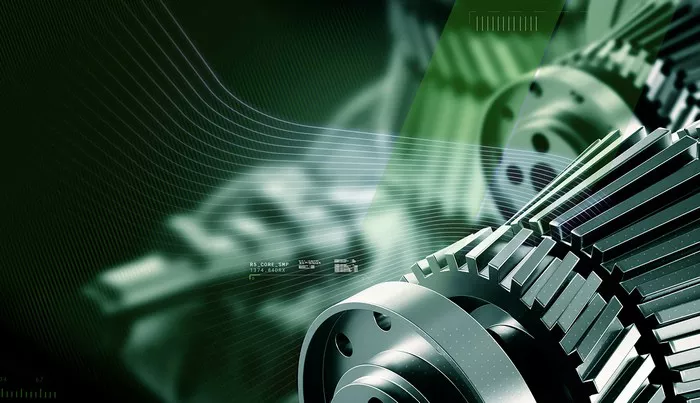As the global market navigates the high costs of electric vehicles (EVs), Hyundai Motor Co., in partnership with Toyota Motor Corp., is intensifying efforts to broaden its hybrid vehicle offerings. The automaker views hybrids as a more accessible alternative to fully electric models, leveraging their smaller, cost-effective battery packs to deliver improved fuel economy and reduced emissions compared to traditional internal combustion engines.
“We will continue to develop innovative technologies that actively utilize electrification capabilities during the transition to EVs, providing customers with eco-friendly vehicles that offer superior performance,” said Dong Hee Han, Executive Vice President and Head of Hyundai’s Electrified Propulsion Test Center.
Hyundai’s next-generation hybrid system introduces a revamped transmission architecture that incorporates two integrated electric motors. This dual-motor configuration allows for precise management of engine load and motor output, optimizing fuel efficiency and enhancing overall performance. Additionally, Hyundai claims the system reduces engine noise and vibrations, offering a more refined driving experience.
The versatile new transmission is designed to pair with a range of Hyundai’s internal combustion engines, spanning from compact cars to large SUVs. Depending on the setup, the hybrid system can produce between 100 and over 300 horsepower.
One electric motor (P1) handles engine ignition, battery recharging, and propulsion support. The second motor (P2) is dedicated to propulsion and regenerative braking. Hyundai’s “Smart Regenerative Braking” technology uses navigation data and vehicle proximity sensors to adjust braking force automatically, reducing the need for manual brake input and maximizing energy recovery.
Another feature, “Hierarchical Predictive Control” (HPC), boosts efficiency by forecasting road conditions and selecting optimal driving modes—ranging from pure EV to hybrid and regenerative braking modes—based on the route.
When combined with Hyundai’s 2.5-liter engine, the P1 motor enhances overall efficiency by minimizing power loss. The engine operates similarly to an Atkinson cycle unit, while the electronically controlled powertrain maintains optimal RPM automatically, without driver intervention.
The hybrid system also supports advanced functionalities commonly seen in EVs, such as vehicle-to-load (V2L) capability, allowing the car’s battery to power external devices and appliances.
Hyundai plans to introduce a rear-wheel-drive version of the 2.5-liter hybrid system in 2026, with future integration into models under its luxury Genesis brand. The company noted, however, that rollout timelines will vary by model, region, and market.
On April 24, Hyundai announced its highest quarterly revenue in company history, fueled in part by a 38.4% year-over-year increase in electrified vehicle sales, totaling 212,426 units in the first quarter.

